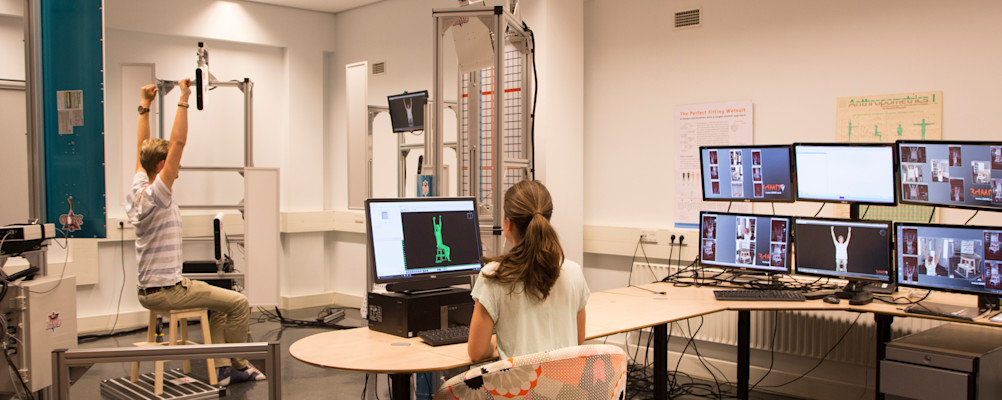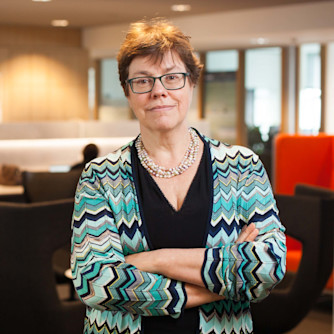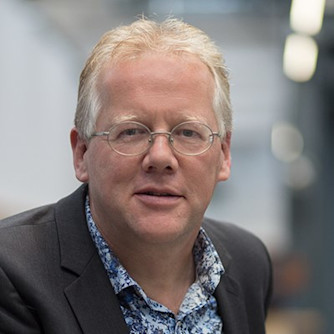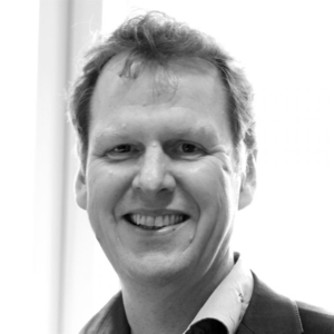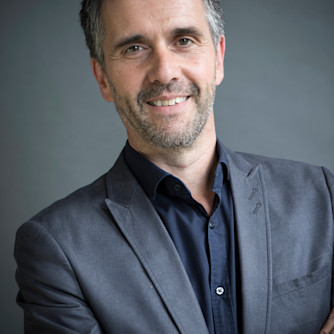The people behind CLICKNL - Daan van Eijk
__Who are the people that enthusiastically work on strengthening the creative industry and boosting meaningful innovations every single day? What do they think are the biggest challenges for the creative industries and what are their personal motivations? In this edition: Daan van Eijk, professor Applied Ergonomics and Design at the TU Delft and project leader of the field lab Ultra Personalized Products and Services (UPPS). “For me, it’s all about bringing companies and researchers together, to encourage people-oriented innovation.” __
What goes on in the UPPS field lab?
“Entrepreneurs and researchers come together in the field lab to work on ultra-personalized products or services. Both parties benefit from this: companies can develop and experiment with their ideas in a certain area. For research the level above that is more interesting: what can we learn from this process and which questions arise from that to research further? In addition, we are also working with three larger companies on the Next UPPS project, during which researchers develop a specific method for designing UPPS: when you design a product, this is done according to a certain method, but what about UPPS? We think there’s a different method for that, that the design process needs to be adjusted.”
Why is there a special field lab around UPPS?
“Because technology is continuously being developed, there are more possibilities and a bigger demand for personalized products. We distinguish between four domains within the field lab: health, safety, fashion, and sports, so in terms of applications you get a diverse range of products, like a customized hearing aid or a special brace to prevent you twisting your ankle during exercise. We noticed that making these products lead to new questions. On the one hand it’s a technological question, but there is also a clear people-side. Because someone needs to understand what the user wants and use that to create a production process. And that is where we look to the creative industry. The field lab also arose from curiosity: there are new possibilities in this area, but the knowledge is mostly concentrated within companies. We are trying to collect that knowledge, to develop it and to share it more widely.
What types of questions come up in the field lab?
Customizing unique, personalized products is expensive, so we look at how we can develop the technology to make the process cheaper, and accessible to more people. So, it’s also a business question. Another interesting aspect of UPPS is the relationship with the user. They are a lot more involved in the process and the product. This is already the case during the design phase, but also later on, during the maintenance phase. You run into questions like: how are you going to reach out to the user, every time you make something? The user sort of becomes the designer, because a product is specially customized to someone’s body. How do you deal with that as a designer and as a company? In addition, sharing knowledge is an important topic within the field lab. We are part of the nation-wide field lab for smart industry and we are connected to other universities and universities of applied sciences. This leads to new projects and we can exchange knowledge.”
What is the current state of affairs?
“We did the first call from the field lab in April of last year, which lead to seven projects. Some of those are ongoing and some are still in the start-up phase. Right now, we are preparing a second call and a matchmaking event. During that event, the ongoing projects will present their results so far.”
What makes you so involved in this topic?
“After I studied Industrial Design at the TU Delft, I had my own design company for fifteen years, where we worked with the same types of companies that are now involved in the field lab, such as medical companies. After that, I was a professor of Applied Ergonomics at the TU Delft for a while, because I wanted to transfer the knowledge I gained in practice to the education sector. I’ve been doing that for fifteen years now too. So, I know the value of the company as well as the research side and I see how important it is to connect the two. Because you need a lot of knowledge within a company to be able to innovate. Within knowledge institution we can develop new methods, that companies can apply to develop better products. Bringing together those two worlds, and finding solutions for people, those are my two motivations.”
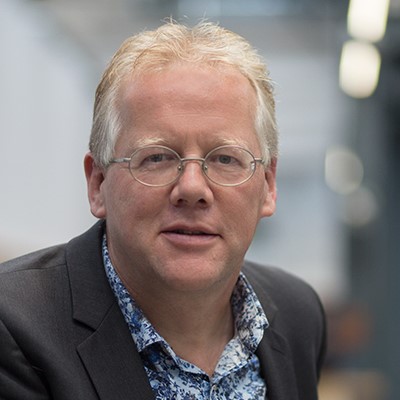
Daan van Eijk


